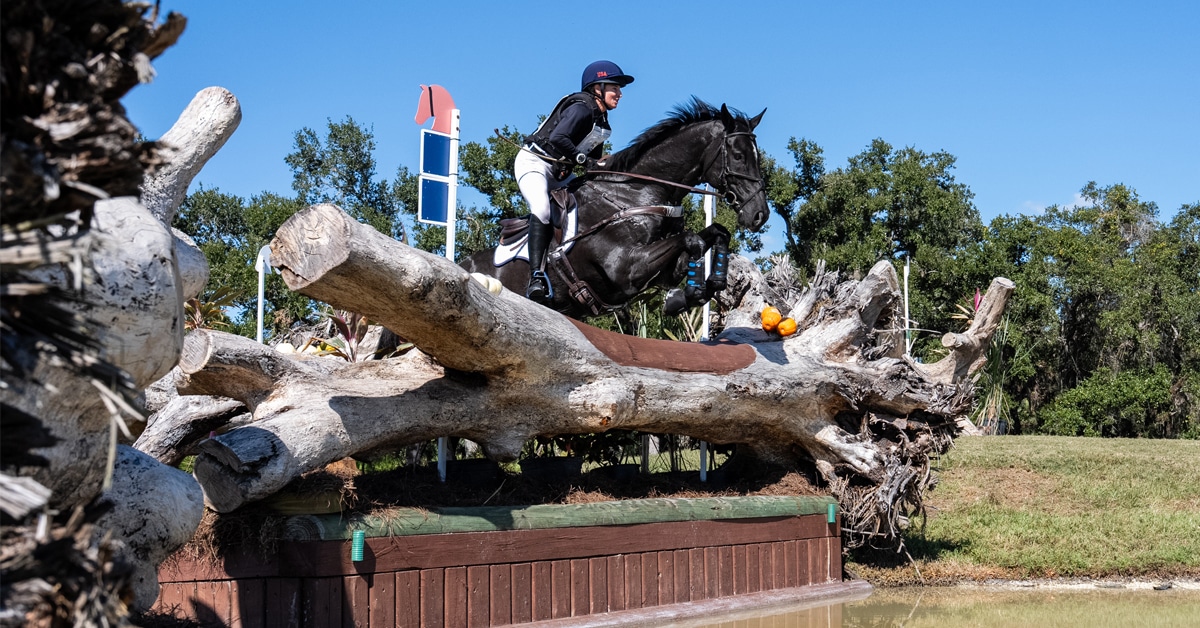On September 28, 2024, Global Alliance for Rabies Control (GARC) coordinates World Rabies Day and this year’s theme is ‘Breaking Rabies Boundaries’. In the ‘One Health’ approach, every sector takes responsibility in the effort to tackle rabies.
Rabies is a viral infection of the nervous system known to be problematic in carnivores and bats, although it can affect any mammal. Rabies cases in Canada are low but the disease does persist in wild animals (often found in the habitat neighbouring your horse paddocks). The need for rabies prevention and control programs are ongoing. The virus is found in the saliva of affected animals and are transmitted to other animals and people typically by a bite. Rabies is among the core recommended vaccines in horses in Equine Guelph’s Vaccination Equi-Planner healthcare tool due to the deadliness of the disease.
Canada’s prevention and control programs include vaccination of domestic animals, wildlife management, and public education. Rabies is monitored in the human population, our animals, and wildlife to understand and control its spread. Import regulations are in place to reduce the prevalence of this deadly disease. In Canada, rabies in animals, is a reportable disease under the Health of Animals Act. This includes the equestrian community! All suspected cases must be reported to the Canadian Food Inspection Agency (CFIA), which conducts tests and posts summaries of the results online.
Recent posts cite bats as the most common carriers of rabies accounting for 79/113 cases of rabies reported in animals in Canada for 2023. Cases of rabies in skunks have been reported in Saskatchewan, Manitoba and Ontario; raccoons in Ontario, Quebec and New Brunswick; and foxes in Nunavut, Northwest Territories and northern parts of Quebec, Manitoba and Labrador.
Continuous surveillance and international collaboration are just two facets of our ‘One Health’ approach that have made us global leaders in rabies prevention and control.
The horse owner’s role in the ‘One Health’ approach includes:
- Vaccination of your horse(s): Scheduling an annual rabies vaccination is the most effective way to reduce the chances of your horse contracting the disease. Equine Guelph’s Vaccination Equi-Planner healthcare tool can help you with your immunization plans for both core and risk-based vaccinations.
- Vaccination of other animals: Vaccinate dogs and cats that have access to your horses. Most dogs are vaccinated against rabies without question, as they may encounter rabid wildlife. Therefore, they can also potentially transmit the virus to horses.
- Cleaning up attractants: Seal up entry points to buildings, especially those that house food sources or inviting bedding. Secure trash which may act as bait for wildlife.
- Knowing the signs: animals who have contracted rabies may exhibit sudden changes in behaviour, depression, incoordination, drooling and difficulty swallowing.
- Monitoring wildlife: Keep an eye out for wildlife behaving unusually, such as nocturnal animals active during the day and do not hesitate to alert the local authorities.
Rabies is the deadliest among the five core equine diseases, which also include Eastern equine encephalomyelitis (EEE), Western equine encephalomyelitis (WEE), tetanus and West Nile. Horses are continually exposed to wildlife and mosquitoes that transmit core equine diseases. Whether kept in a barn or pasture, horse owners should not consider their horse spared from dangerous disease risks. As such, core disease vaccinations are recommended annually as part of overall equine wellness, according to the American Association of Equine Practitioners core vaccination guidelines.
The rabies booster remains part of the core vaccines horse owners mark on their annual immunization calendars for good reason. Core vaccines provide protection against diseases that have a significant health impact (including death) for the horse and/or to humans. To help tailor annual immunization plans, Equine Guelph provides a free, interactive, Vaccination Equi-Planner healthcare tool. Kindly sponsored by Zoetis, the Vaccination Equi-Planner is designed to explain the risk factors and then provide a print-out personalized to your horse’s vaccination needs. This is a great way to get the conversation started with your vet.
“Core vaccinations are critical for the protection of horses from serious viral and bacterial toxin diseases. We are fortunate to live in a region of the world where highly effective vaccines are readily available and can turn the risk of deadly disease into a preventable concern,” says Tamara Quaschnick, DVM, equine technical services veterinarian for Zoetis Canada. “The threat of rabies to both horses and humans is real and the course of disease is brutal and invariably fatal. The stakes of leaving your horse unprotected are high.”
Rabies is easily prevented by vaccination. Following an initial booster series, rabies vaccines are administered to horses annually and they must be administered by a licensed veterinarian.
More News









